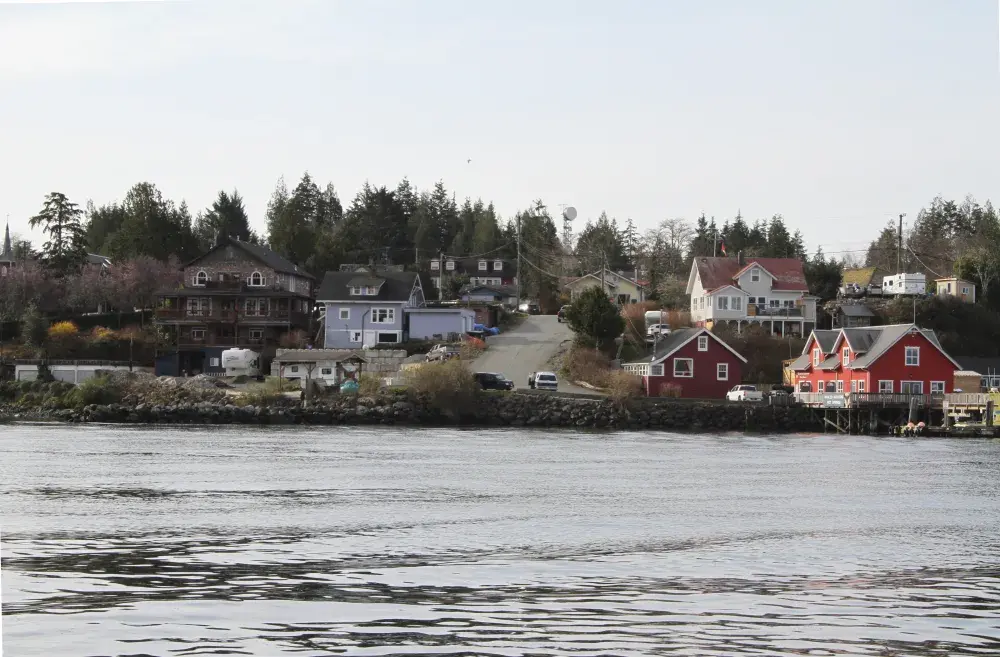Clayoquot Sound’s living wage has risen again, making it the second highest in the province behind Whistler.
The living wage for Clayoquot Sound, which is calculated by the Canadian Centre for Policy Alternatives, BC Office and Living Wage BC., is $27.42 - a 3.43 per cent increase from last year. It is the hourly rate that each of two parents working full-time must earn to support a family of four based on the actual costs of living in a particular community. Minimum wage is B.C. is currently $17.40 an hour.
According to the Canadian Centre for Policy Alternatives, the increase in living wage can be attributed to the region’s cost of living—primarily due to soaring housing costs, transportation, groceries and other essentials.
According to the 2023 Vital Signs report by the Clayoquot Biosphere Trust, 51 per cent living in Clayoquot Sound earn less than the living wage.
Canada Mortgage and Housing states rent should not exceed 30 per cent of someone’s income. In 2021, 22.3 per cent of households on the Vancouver Island’s west coast spent more than 30 per cent of their income on shelter.
In 2022, the average price for a one-bedroom rental in Tofino or Ucluelet was $925, a two-bedroom was $1,970 and a three-bedroom was $2,850.
The Vital Signs report states that a comparison of 10 healthy food items showed that food prices are 21 per cent more expensive on the west coast than in Port Alberni.
Living in remote communities means many Nuu-chah-nulth members in Clayoquot Sound have an added expense when it comes to purchasing groceries with transportation costs. The Vital Signs report shows that return costs by boat or car to the closest grocery store for members in Esowista is $18.50, Opitsaht is $14, Ahousaht is $60, Macoah is $40 and Hot Springs Cove $150.
“Hundreds of thousands of BC workers earn less than the living wage and face impossible choices like buy groceries or heat the house, keep up with bills or pay the rent on time.” said Anastasia French, provincial manager of Living Wage BC, in a press release. “Racialized workers and women are disproportionately affected by low wages in a region where the cost of living keeps climbing.”
More than 450 certified living wage employers across the province have stepped up to pay both direct and contract employees wages sufficient to support families. Employers who pay their workers a living wage have found real benefits from doing so, says French.
“Voluntary action alone, however, cannot solve the serious affordability crisis felt across the province. We need coordinated efforts from all levels of government to both increase wages and lower cost pressures so that all workers can thrive,” said French.
In Clayoquot Sound, there are currently three living wage employers—Toki Doki, the Coastal Restoration Society and Saltwater Building Co.
Madi Greyson owns Toki Doki, a Japanese street food diner in Tofino. She and her partner had made the decision that if they were going to start a business they wanted to pay a living wage and offer benefits.
“It didn’t make sense to us to start something that wasn’t sustainable for our employees,” Greyson said in a living wage forum.
French added that many employers want to be paying the living wage but it can be challenging when their community has one of the highest living wages in the province.








